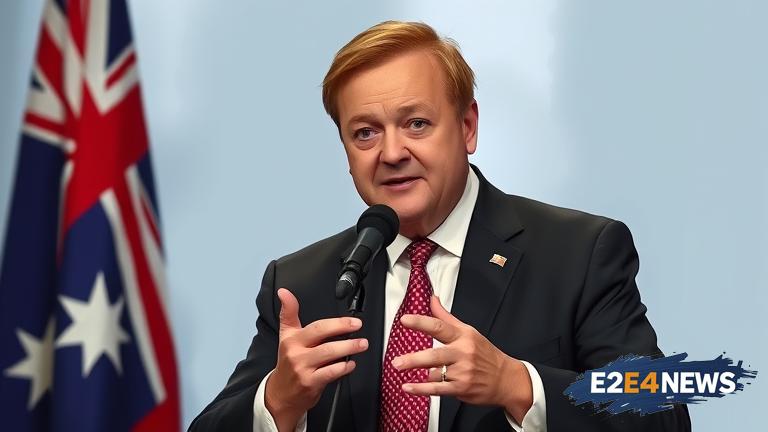Australian Prime Minister Anthony Albanese has been criticized by many Australians for his Welcome to Country message, which was intended to acknowledge the traditional owners of the land. The message, which was meant to be a gesture of respect and reconciliation, has been met with widespread criticism and backlash. Many have taken to social media to express their disappointment and frustration with the message, with some calling it ‘insincere’ and ‘tokenistic’. The Welcome to Country message is a traditional ceremony that takes place at the beginning of many Australian events, and is meant to acknowledge the traditional owners of the land and pay respects to their ancestors. However, many have argued that Albanese’s message fell short of this intention, and instead came across as insincere and lacking in substance. Some have criticized the message for being too focused on the Prime Minister himself, rather than the traditional owners of the land. Others have argued that the message did not go far enough in acknowledging the historical injustices faced by Indigenous Australians. The criticism of Albanese’s message has sparked a wider debate about the role of the Welcome to Country ceremony in Australian society, and whether it is being used as a genuine gesture of respect or simply as a tokenistic gesture. Many have argued that the ceremony has become too formulaic and lacking in meaning, and that it is time for a new approach to acknowledging and respecting Indigenous Australian culture. The debate has also highlighted the ongoing struggles faced by Indigenous Australians, including high rates of poverty, unemployment, and incarceration. Despite the criticism, Albanese has defended his message, saying that it was intended as a genuine gesture of respect and reconciliation. However, many remain skeptical, and the debate is likely to continue in the coming days and weeks. The controversy surrounding Albanese’s message has also sparked a wider conversation about the need for greater understanding and respect for Indigenous Australian culture. Many have called for greater education and awareness about the history and experiences of Indigenous Australians, and for more meaningful actions to be taken to address the ongoing disparities and injustices faced by Indigenous communities. Ultimately, the criticism of Albanese’s message highlights the ongoing challenges and complexities of reconciliation in Australia, and the need for a more nuanced and meaningful approach to acknowledging and respecting Indigenous Australian culture. The Australian government has been urged to take a more proactive approach to addressing the needs and concerns of Indigenous Australians, and to work towards a more equitable and just society for all. As the debate continues, it is clear that the issue of reconciliation and respect for Indigenous Australian culture will remain a major challenge for the Australian government and society as a whole. The need for greater understanding, respect, and action is clear, and it is up to all Australians to work towards a more inclusive and equitable society. The controversy surrounding Albanese’s message has also highlighted the importance of listening to and amplifying the voices of Indigenous Australians, and of working towards a more collaborative and inclusive approach to reconciliation.
